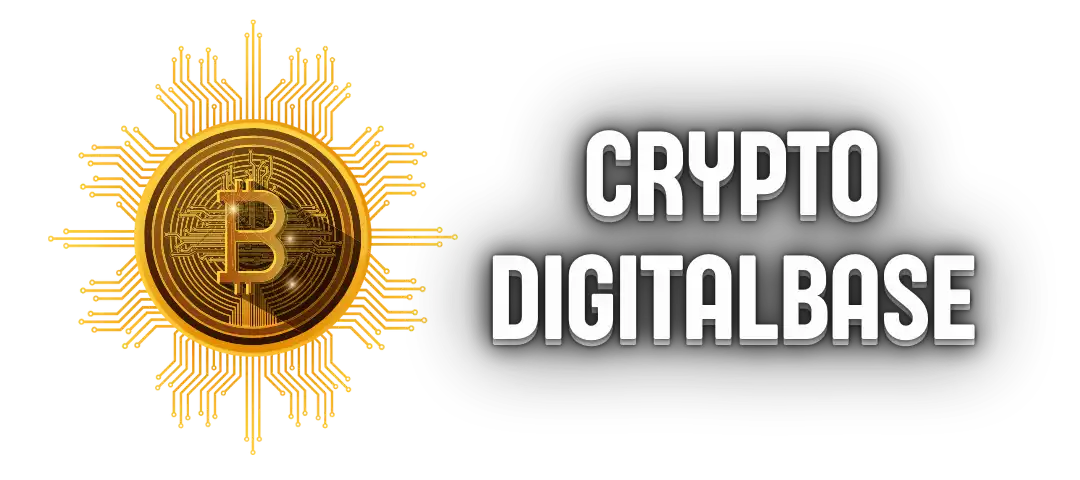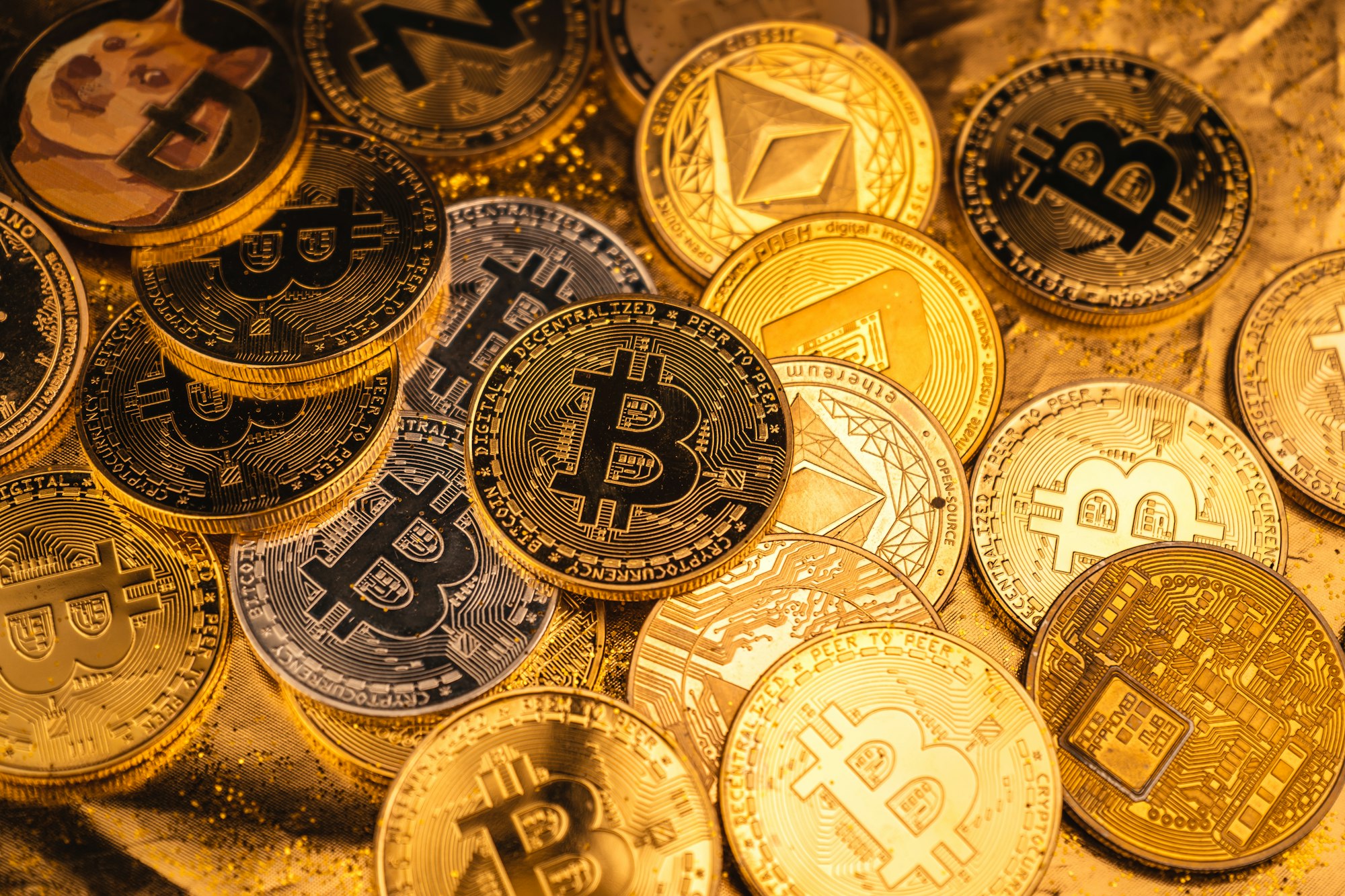Blockchain technology, while most commonly associated with cryptocurrencies like Bitcoin, extends far beyond just digital coins. Understanding the basics of blockchain technology is crucial in grasping its vast potential applications beyond the realm of cryptocurrencies.
What is Blockchain Technology and How Does it Extend Beyond Cryptocurrencies?
Understanding the Basics of Blockchain Technology
At its core, blockchain is a decentralized and distributed ledger that securely records transactions across a network of computers. Each block in the chain contains a number of transactions, and once recorded, the data in any given block cannot be altered without the alteration of all subsequent blocks, ensuring immutability.
Exploring the Potential Beyond Cryptocurrencies
Blockchain technology can be used in various applications beyond cryptocurrency, leveraging its decentralized nature to provide transparency, security, and efficiency in different sectors. The applications of blockchain technology extend to supply chain management, smart contracts, enhancing security, and even integration with the Internet of Things (IoT).
Use Cases for Blockchain Technology
Blockchain enables the secure recording and tracking of transactions, making it a valuable tool for industries seeking to streamline processes and reduce costs. It has the potential to revolutionize traditional systems by eliminating the need for intermediaries and enhancing trust between parties.
Supply Chain Management:
- Traceability: Blockchain can provide a transparent and immutable record of the entire supply chain, allowing consumers and businesses to trace the origin and journey of products.
- Efficiency: It can streamline operations by reducing paperwork and manual processes, leading to faster and more efficient transactions.
Healthcare:
- Medical Records: Blockchain can secure patient data, ensuring it is immutable and only accessible to authorized parties, thereby enhancing privacy and security.
- Drug Traceability: It helps in tracking the lifecycle of pharmaceutical products, reducing the risk of counterfeit drugs.
Finance and Banking:
- Cross-Border Payments: Blockchain can facilitate faster, cheaper, and more transparent international money transfers.
- Smart Contracts: These are self-executing contracts with the terms of the agreement directly written into code, reducing the need for intermediaries and minimizing fraud.
Voting Systems:
- Election Integrity: Blockchain can create tamper-proof voting systems, ensuring the transparency and integrity of electoral processes.
- Voter Verification: It can improve voter registration and verification, making elections more accessible and secure.
Real Estate:
- Property Records: Blockchain can maintain a transparent and immutable ledger of property ownership, reducing fraud and disputes.
- Smart Contracts: These can automate and streamline real estate transactions, from property sales to rental agreements.
Intellectual Property:
- Digital Rights Management: Blockchain can be used to protect intellectual property rights by providing a verifiable record of ownership and usage.
- Royalty Distribution: It can automate and ensure accurate distribution of royalties to creators.
Energy Sector:
- Peer-to-Peer Energy Trading: Blockchain can enable consumers to trade surplus energy directly with each other, bypassing traditional utility companies.
- Grid Management: It can help in the efficient management of energy grids by tracking energy production and consumption in real time.
Government and Public Services:
- Public Records: Blockchain can secure and streamline the management of public records like birth certificates, marriage licenses, and land titles.
- Tax Collection: It can improve the efficiency and transparency of tax collection processes.
Education:
- Academic Credentials: Blockchain can provide a secure and tamper-proof way to store and verify academic credentials and certifications.
- Learning Records: It can track and manage lifelong learning records of individuals.
Identity Management:
- Digital Identity: Blockchain can offer a decentralized and secure way to manage digital identities, reducing the risk of identity theft.
- Authentication: It can enhance the security of authentication processes for accessing various services.
How is Blockchain Utilized in Supply Chain Management?
Improving Traceability and Transparency in Supply Chains
Supply chain management benefits greatly from blockchain technology, as it enhances traceability and transparency throughout the entire supply chain. The immutable nature of blockchain ledgers ensures that the information recorded is accurate and tamper-proof.
Enhancing Efficiency Through Decentralization
Decentralizing supply chain processes using blockchain eliminates the reliance on centralized authorities, reducing delays and costs associated with traditional systems. By automating processes and providing real-time visibility, blockchain streamlines operations.
Applications of Blockchain in Logistics and Inventory Management
Blockchain-based solutions in logistics and inventory management enable better tracking of goods, optimizing inventory levels, and improving overall efficiency in supply chain operations. The use of distributed ledgers ensures that all stakeholders have access to real-time data.
What are Smart Contracts and Their Applications in Blockchain Technology?
Defining Smart Contracts and Their Role in Transactions
Smart contracts are self-executing contracts with the terms of the agreement directly written into code. They automate processes securely and ensure that agreements are enforced without the need for intermediaries.
Automating Processes Securely with Smart Contracts
By utilizing blockchain technology, smart contracts enhance the security and efficiency of transactions. They prevent fraud by executing transactions only when predefined conditions are met, providing a high level of trust between parties.
Real-World Use Cases for Smart Contracts in Various Industries
Various industries, from finance to real estate, are exploring the use of smart contracts to streamline processes and reduce manual intervention. Smart contracts offer a cost-effective and secure way to execute agreements and transactions.
How Does Blockchain Enhance Security and Transparency in Various Applications?
Securing Data Through Immutable Blockchain Ledgers
Blockchain technology ensures data security by creating immutable records that cannot be altered retroactively. This feature makes blockchain a reliable solution for storing sensitive information securely.
Utilizing Blockchain to Reduce Fraud and Enhance Trust
One of the key benefits of blockchain is its ability to reduce fraud and enhance trust in transactions. The transparency of blockchain ledgers and the decentralized nature of the network make it difficult for malicious actors to manipulate data.
Enhancing Transparency and Accountability Through Blockchain Technology
By leveraging blockchain technology, organizations can enhance transparency in their operations and increase accountability. The decentralized nature of blockchain ensures that data is shared among all participants in a secure and transparent manner.
Exploring the Integration of Blockchain with Internet of Things (IoT)
Utilizing Blockchain to Secure IoT Networks
Integrating blockchain with the Internet of Things (IoT) enhances the security of IoT networks by providing a tamper-proof and decentralized system for managing device data and interactions. Blockchain ensures the integrity of data transmitted between IoT devices.
Enhancing Data Integrity and Interconnectivity with Blockchain and IoT
Blockchain and IoT integration enables improved data integrity and interconnectivity between devices, creating a more efficient and secure network. By utilizing blockchain, IoT devices can securely communicate and transact data without the risk of data tampering.
Potential Applications and Use Cases for Integrating Blockchain and IoT
The potential applications of integrating blockchain with IoT are vast, ranging from supply chain tracking to smart home automation. Combining blockchain’s security features with the interconnected nature of IoT devices opens up new possibilities for innovation in various industries.





